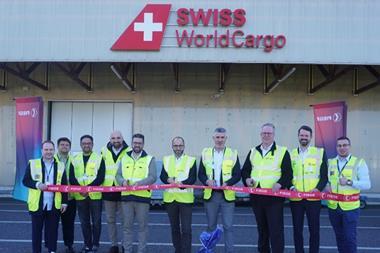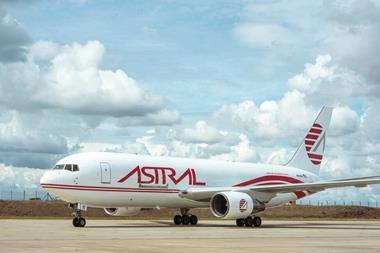The air cargo peak season appears to have quickly fizzled out this year, following on from two bumper years in 2017 and 2018.
The latest freight rate data appears to show that the rise in prices experienced at the start of November has quickly flattened off.
Tac Index figures show that prices from Hong Kong to Europe last week declined by 2.7% to $3.21 per kg, while prices from Hong Kong to the US were down 1.8% to $3.74 per kg.
China-Europe prices were flat on a week earlier at $3.07 per kg and China-US was up 0.3% to $3.63 per kg.
This flattening of price increases during November was in contrast to performance over the last couple of years when they had continued to improve as the month had progressed.
One broker contact said that while there had been an improvement in demand in November, it was not to the same level as experienced in 2017 and 2018, when the market enjoyed a bumper end to the year.
He said it is more like the end-of-year experienced in the few years before then.
In its weekly market wrap-up, Peter Stallion from derivatives broker FIS said: “Carrying over the sentiment from last week, momentum has fizzled with little fundamental driver for a further increase in prices within the underlying market.
“This might worry carriers and forwarders alike given the market has reached a premature top, and the only way may well be down, through into December.
“Beyond a sudden increase in volumes ex-Asia over the next two weeks, there is very little on the horizon to bolster an already weak year.
“The top story remains the continual growth of Shanghai versus Hong Kong export prices, Shanghai to Europe and Shanghai to US gain eight and 10 cents, versus a loss from Hong Kong of nine and seven cents.
“An almost 1 to 1 transfer of prices might reflect continuing transfer of price confidence away from the beleaguered Hong Kong logistics market.”
Stallion added that market sentiment suggests there could be an improvement next year as the trade war between China and the US appears to be cooling.
“However, as seems to be the ongoing theme, freight industry predictions are typically lacking in accuracy,” he added.















